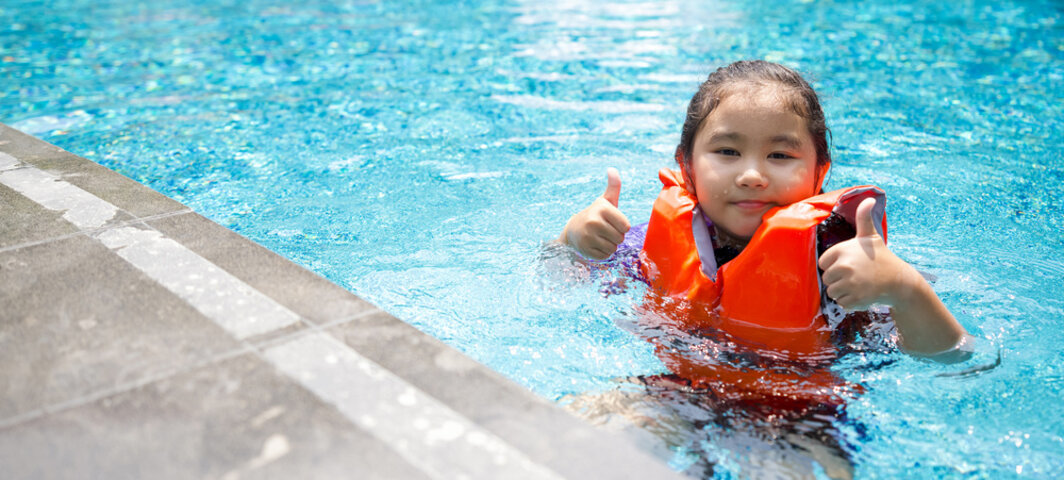Ensuring Safety Around Water
Your Essential Guide to Water Safety
Summer in Savannah, GA, means pool days, beach trips, and fun on the water. But with great fun comes great responsibility! At Your Family Medical Group: Urgent Care of Berwick, Sandfly, and Wilmington Island, we want your family to stay safe while enjoying Savannah’s waterways. In this guide, we’ll cover essential water safety tips, how to avoid swimmer’s ear, and spot drowning risks before it’s too late.
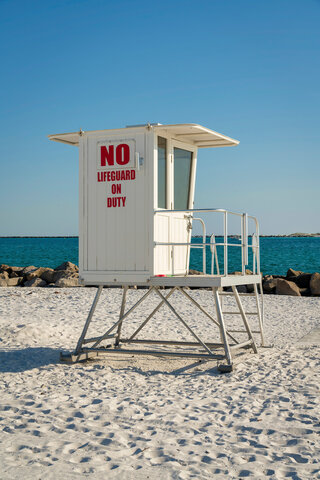
5 Essential Water Safety Tips for Savannah Families
- Swim in Designated Areas
Stick to supervised beaches like Tybee Island or pools with lifeguards. Avoid swimming in Savannah’s rivers or unsupervised lakes, where currents and debris pose hidden dangers. It’s also important for everyone in the family to learn how to swim, as this is a crucial skill that can prevent drowning. - Never Swim Alone
Always use the buddy system. Even strong swimmers can face emergencies like cramps or sudden fatigue, and having a buddy can make all the difference in a potentially dangerous situation.
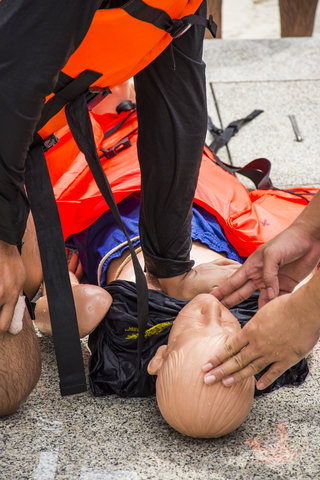
3. Learn CPR
Local organizations like the American Red Cross offer CPR classes in Savannah. These classes are taught by certified instructors and provide hands-on practice, ensuring you’re prepared to act in an emergency. Quick action saves lives!
4. Use Life Jackets
Children and inexperienced swimmers should wear U.S. Coast Guard-approved life jackets, especially in the Savannah River or busy pools.
5. Stay Hydrated & Sun-Protected
Georgia heat can lead to dehydration or heatstroke. Signs of dehydration include dry mouth, fatigue, and dizziness, while heatstroke can cause high body temperature, rapid pulse, and confusion. Apply waterproof sunscreen (SPF 30+) and take breaks in the shade to prevent these conditions.
Avoiding Swimmer’s Ear: A Common Savannah Summer Woe
Swimmer’s ear (otitis externa) is a painful infection caused by trapped water in the ear canal. Here’s how to prevent it:
- Dry Ears Thoroughly: Tilt your head and gently tug your earlobe to drain water. Use a towel or hairdryer on the lowest setting.
- Ear Drops: Mix 1 part white vinegar + 1 part rubbing alcohol to dry ears post-swim (ask your Savannah urgent care provider first).
- Avoid Cotton Swabs: They can push debris deeper.
When to Visit Urgent Care: If you experience itching, redness, or discharge, visit Urgent Care of Berwick, Sandfly, and Wilmington Island for same-day treatment.
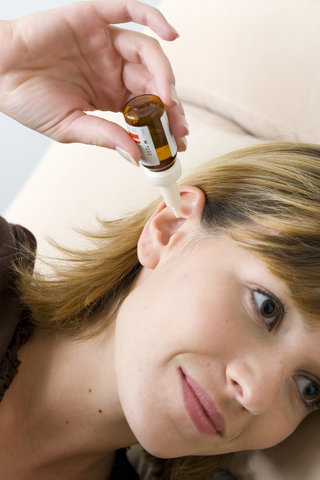
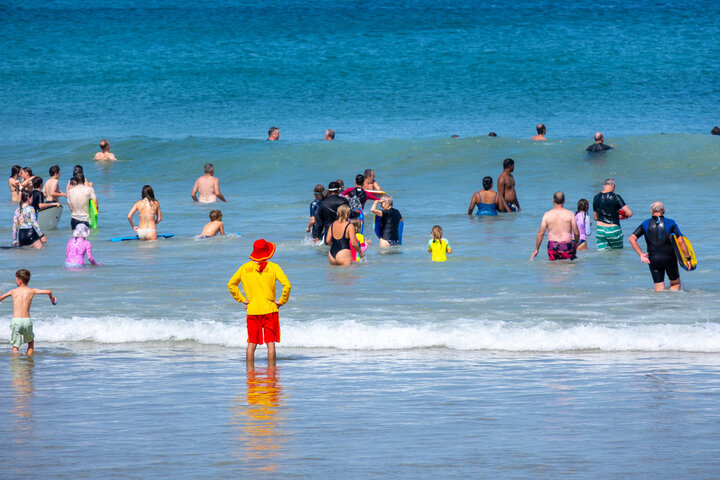
Recognizing Drowning Risks: Silent and Deadly
Drowning isn’t always dramatic. Look for these silent signs:
- Head low in the water, mouth at water level.
- Glassy eyes or inability to focus.
- Gasping or hyperventilating.
- Attempting to roll onto their back without success.
Act Fast:
- Call 911 or send the nearest person for Life Guard
- Use a flotation device to pull them to safety.
- Begin CPR if unresponsive.
Local Savannah Resources
- Tybee Island Beach Safety: Check tide charts and lifeguard schedules.
- Savannah Swim Lessons: Local YMCA branches offer affordable classes.
- Remember, 24/7 Urgent Care is always available at Your Family Medical Group: Urgent Care of Berwick, Sandfly, and Wilmington Island for swimmer’s ear, dehydration, or minor injuries. You’re never alone in dealing with these common summer health issues.
Enjoying Savannah’s waterways and pools is a summer staple, but safety should always come first. By following these essential tips of prioritizing supervised swimming, preventing swimmer’s ear, and recognizing silent drowning risks, you can protect your family while making the most of Georgia’s sunny days. At Your Family Medical Group: Urgent Care of Berwick, Sandfly, and Wilmington Island, we support your sunny days of summer this 2025 season!
Your Water Safety Questions Answered
Discover answers to the most common inquiries about staying safe around water.
What are the basic rules for water safety?
Always supervise children, learn CPR, and ensure everyone knows how to swim.
How can I prevent drowning accidents?
Install barriers around pools, use life jackets, and never swim alone.
What should I do in case of a water emergency?
Call emergency services immediately and provide CPR if necessary.
How important is swimming education?
Swimming education is crucial as it equips individuals with skills to stay safe in water.
Are there specific safety tips for open water?
Yes, always check weather conditions, swim in designated areas, and be aware of currents.
What should I know about pool safety?
Ensure pools are fenced, have safety covers, and keep rescue equipment nearby.
Share Your Water Safety Stories
We invite you to share your personal water safety tips and experiences to help others stay safe. Your insights could make a difference!
Explore Our Recent Health Safety Posts
Closest Urgent Care Near Tybee Island: Fast, Friendly, and Local Urgent Care Near Tybee Island
Visiting and searching for an Urgent Care near Tybee Island? Discover the nearest urgent care centers to ensure your vacation remains safe and enjoyable. Our guide helps you find trusted medical services quickly when unexpected health issues arise.When you're...
Stings and Things: First-Aid Tips for Summer Bites & Stings in Savannah, GA
Discover effective ways to handle common summer bites and stings with our expert first-aid advice tailored for Savannah's unique environment.Summer in Savannah, GA, is delightful, filled with sunshine and beach days at Tybee Island! However, we know those pesky bites...
Sunburn Relief in Tybee Island: Expert Tips for Treating Savannah’s Summer Burns
Discover effective solutions to soothe and heal sunburns quickly, ensuring your vacation remains enjoyable and pain-free.Tybee Island’s Sunburn Risks With its pristine beaches and Southern charm, Tybee Island, Georgia, draws thousands of visitors yearly to soak up the...

